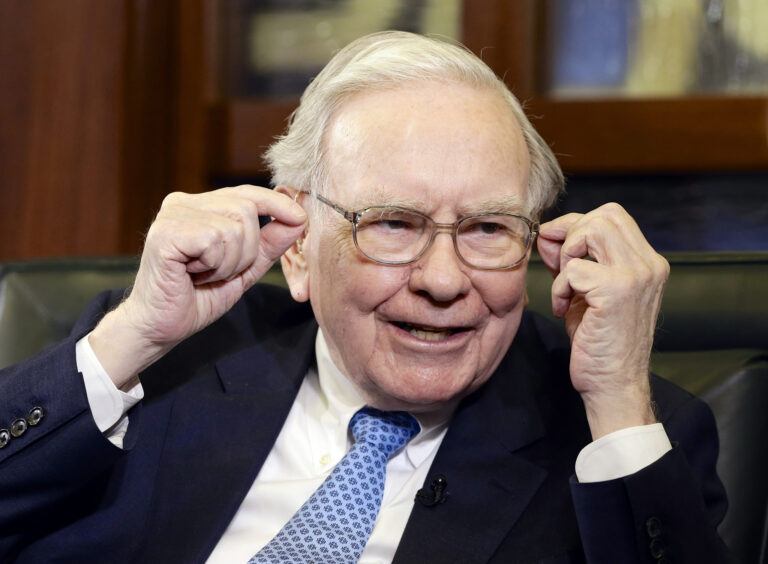During Berkshire Hathaway’s annual meeting, the firm’s CEO and billionaire investor Warren Buffet slammed bitcoin, saying it’s “probably rat poison squared.” Berkshire’s vice chairman and long.-time Buffett collaborator, Charlie Munger, shared his views, but took a harsher stance.
According to Quartz, Buffett, the “Oracle of Omaha,” claimed bitcoin isn’t a productive asset like land or corporate shares, and has no intrinsic value. As such, he added, investor demand is the only price-determining factor, which makes the cryptocurrency space a breeding ground for “charlatans” who are just there to rip off legitimate investors.
These investors, per his words, are trying to get rich off of something they don’t really understand. He restated that the cryptocurrency community is in for a “bad ending,” after the “euphoria ears off.”
Berkshire’s vice chairman, 94-year-old billionaire investor Charlie Munger, was much harsher. He was quoted as saying:
“I like cryptocurrencies a lot less than you do. To me, it’s just dementia. It’s like somebody else is trading turds and you decide you can’t be left out.”
Earlier this year, Munger had called bitcoin “totally asinine” and “noxious poison,” while arguing that those who get involved in cryptocurrencies do so because “everybody wants easy money.”
Buffett, as covered, is a well-known bitcoin bear who claims buying the cryptocurrency isn’t investing. He has in the past claimed the market would come to a bad ending, but when asked to short it he revealed he wouldn’t do it, as he claims to get into enough trouble with things he knows something about, and knows nothing about cryptos. At the time, he said:
“In terms of cryptocurrencies, generally, I can say with almost certainty that they will come to a bad ending. If I could buy a five-year put on every one of the cryptocurrencies, I'd be glad to do it but I would never short a dime's worth.”
The investor’s record on tech investments, as Quartz points out, is mixed. While Buffett managed to avoid the excesses of the dot-com bubble, he also claims that bypassing the chance of buying Google and Amazon shares early on was a mistake.









